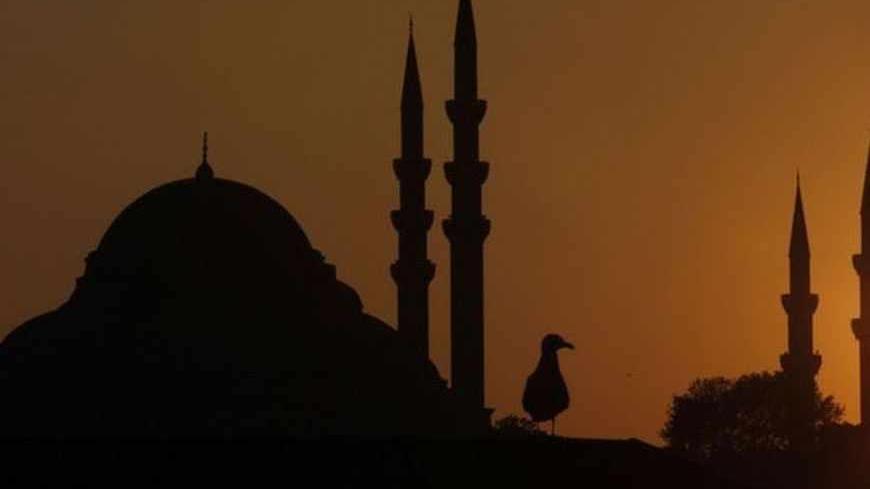Despite the ongoing political tension between Turkey’s Islamist-leaning administration and its secularist opponents, some of Turkey’s Islamic voices are raising hopes for a liberal future for the country. One of them, Mehmet Gormez, the head of the Directorate of Religious Affairs (DRA), took a commendable step recently by affirming the rights and liberty of both the Alevis, Turkey’s largest non-Sunni minority, and Turkish atheists.
First, it may be helpful to explain what the DRA, a peculiarity of Turkey’s self-styled “secularism,” is. The official institution was established in 1924 after the abolition of the Islamic caliphate by founder Mustafa Kemal Ataturk’s new republic. The republic was destined to be thoroughly “secular” in the sense that it was not controlled by religion, but would itself control religion. The DRA, which employs all imams in the more than 80,000 mosques across Turkey, has been the main vehicle of this state control over faith. Its budget is twice the size of the health ministry, and its voice is as authoritative for Turks as Al-Azhar University is for Egyptians.



